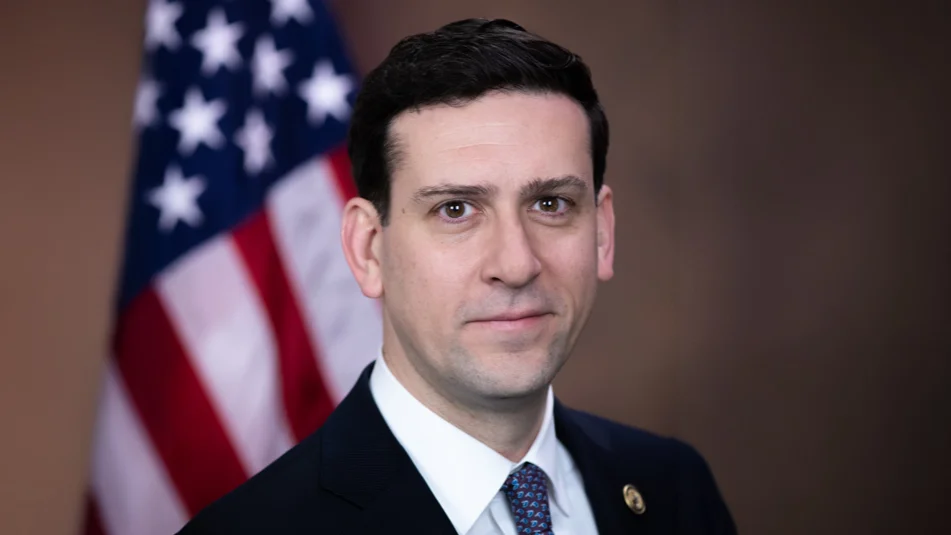Acting Assistant Attorney General Matthew R. Galeotti addressed the Global Investigations Review Annual Meeting, emphasizing the U.S. Department of Justice Criminal Division’s ongoing commitment to white-collar crime enforcement.
Galeotti outlined recent actions and priorities for the division, focusing on health care fraud, procurement fraud, market integrity—particularly crimes involving Chinese variable interest entities—and foreign corruption. He reiterated that “white-collar enforcement remains a priority for the Criminal Division,” noting the impact of fraud on U.S. markets and government programs.
Highlighting recent achievements, Galeotti pointed to what he described as a record-breaking year in health care fraud enforcement. In June, charges were brought against over 300 individuals—including nearly 100 medical professionals—in schemes involving $14.6 billion in fraudulent claims targeting Medicare, Medicaid, and other programs. Operation Gold Rush was cited as an example of innovation in enforcement: “we charged 29 defendants for their alleged role in transnational criminal organizations that submitted over $12 billion in fraudulent claims to U.S. health insurance programs.” The operation leveraged data analytics to detect anomalous billing patterns and helped prevent most of a scheduled $4.45 billion payout by Medicare.
Corporate accountability is also increasing within this space. Last month saw two corporate resolutions: Kimberly-Clark Corporation agreed to pay up to $40 million under a deferred prosecution agreement related to adulterated surgical gowns; Troy Health, Inc., entered into a non-prosecution agreement after admitting to fraudulent enrollment practices and identity theft.
The division is also pursuing cases tied to foreign companies listed on U.S. exchanges—especially those using variable interest entity structures associated with Chinese firms—which present risks for retail investors through social media-driven schemes. Galeotti referenced charges filed last week against individuals involved in a “ramp and dump” scheme with OST shares traded on NASDAQ: “This coordinated effort allowed the co-conspirators to sell more than $100 million worth of OST shares, victimizing unwitting investors.”
Efforts extend beyond securities fraud into procurement and trade fraud as well as foreign bribery cases under guidelines set by the Deputy Attorney General following a presidential executive order earlier this year.
Recent foreign corruption prosecutions include charging two Mexican businessmen with FCPA violations linked to PEMEX and resolving an investigation into Liberty Mutual’s Indian subsidiary after voluntary self-disclosure led to disgorgement of $4.7 million in profits.
Galeotti highlighted changes made under the Corporate Enforcement Policy (CEP), stating these revisions provide “a clear path towards resolving corporate investigations without ongoing obligations,” clarify fine reductions for cooperation and remediation, and incentivize voluntary self-reporting.
He concluded by noting that so far this year, over 200 individuals have been charged with more than $16 billion in alleged losses; over 140 convictions have been secured; 17 trials conducted; and six corporate cases resolved—with average alleged loss per individual at an all-time high above $70 million.
“Our dedication to holding wrongdoers accountable remains as firm as ever,” Galeotti said in closing remarks delivered Thursday, Sept. 18.





